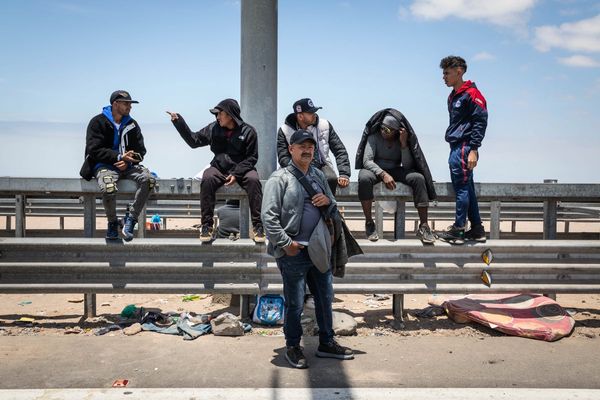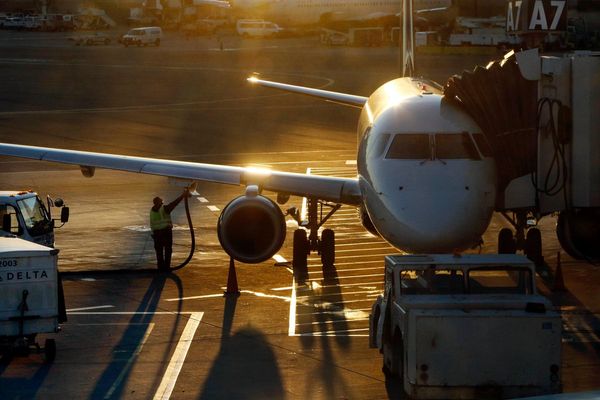
That the Prince of Wales wants to “end” homelessness cannot be a bad thing. Yes, it may have policy implications, but so does any act of charity. Yes, it risks mention of his own family’s gross over-supply of sleeping accommodation, but that is hardly the point. And yes, it may mean no more than his father’s practice of “bringing people round the table”. There is no harm even in that.
More useful is if it focuses attention on the issue itself. The good news is that the blitz on rough sleeping during lockdown showed action can work. Surveys showed the number of people rough sleeping in England peaked at 4,751 in 2017 and fell to 3,069 last year, though that is higher than in 2021. The chief reason was that a real effort was made to find hostels and rally volunteers.
Homelessness is often the end of a road through mental and physical health issues, drugs, poverty, criminality and sheer hopelessness. The two greatest shifts that government can make is to improve mental health services, and reform and properly regulate the illegal drugs market. No past, present or future government has shown any inclination to do either.
The charity Shelter has a quarter of a million people, mostly families, in “temporary accommodation”, and another 15,000 in variously unsatisfactory or insecure hostels and shelters. Large numbers are immigrants. Social housing can only dent the problem. It has traditionally gone to the “deserving” or qualifying poor, a lifetime gift and a costly one. Housing benefit paid to private and public landlords is more efficient as it can be targeted short term at genuine need, though it has fallen vulnerable to exploitation and austerity.
Most homeless people are fighting on the murky fringes of the private sector. This is why its regulation is crucial, but always controversial – witness the turmoil now surrounding the government’s reform to shorthold tenancies in England. This has proved a classic of well-intentioned change leading to unintended consequences. Thousands of landlords are simply switching to sales or Airbnb. What good is that?
When I studied the transition from “right to buy” to “buy to let” in Newham, east London in the 2000s, the two policies undoubtedly lost council houses, but at least in that part of London they increased housing for people living in poverty. Former council houses passed overnight from being under-occupied to fully occupied by privately renting newcomers.
If the prince wants to get stuck into this morass he is welcome. He is probablybest employed founding a few rough sleeper hostels that don’t discriminate against drug addicts.
Simon Jenkins is a Guardian columnist
• This article was amended on 26 June 2023. An earlier version said that Prince William seemed chiefly concerned with rough sleeping. In fact his charity Homewards is concerned with homelessness in all its forms.







